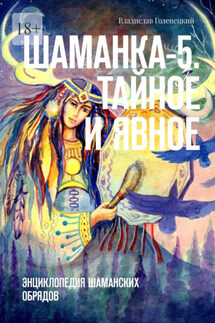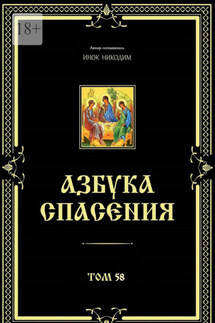Нигерия: народы и проблемы - страница 15
One by one, in twos and threes, in struggling groups, the workers scramble up the slope on to the path—or what remains of it from the floods—which skirts the village. It grows dark. One is vaguely aware of many naked, shadowy, mostly silent figures on every side of one; wending their way along the path, or flitting in and out among the houses. Eyes flash out of the semi-obscurity which is replete with the heavy, dank odour of African humanity when African humanity has been busily at work. In the open doorways a multitude of little fires spring into life, and with them the smell of aromatic wood. The evening meal is in preparation, and presently tired and naked limbs will stretch themselves to the warmth with a sense of comfort. The lament of a child serves to remind you how seldom these Niger babies cry.
And now it is the turn of the fireflies to glow forth. Thick as bees, they carpet the ground on every marshy spot where the reeds grow—vivid, sentient gems. Patches of emeralds: but emeralds endowed with life; emeralds with an ambient flame lighting them from within. They hover above the ground like delicate will-o’-the-wisps. They float impalpable, illusive, unearthly beautiful in the still night air, as some rare and fleeting dream of immortality, some incarnation of transcendent joy towards which dull clay stretches forth arms everlastingly impotent.
* * *
CHAPTER VII
THE SALLAH AT ZARIA
All Zaria is astir, for this is December, the sacred month, the month when the pilgrims to Mecca are offering sacrifices, and to-day the Sallah celebrations begin. At an early hour masses of men began to swarm out of the great Hausa city, dressed in their best gowns, driving before them bullocks, sheep, and goats to be sacrificed on the hill—even Kofena, the hill of many legends, the old centre of Hausa “rock worship,” beyond the city walls—to the sound of invocations to Almighty God. For days beforehand people have been pouring in from the villages in the surrounding plain. Long files of oxen, sheep, and goats have been passing through the gates. Every household has been busy getting together presents for friends, making provision for poor relations, bringing forth the finest contents of their wardrobes, preparing succulent dishes for entertainment. Every class of the population has been filled with eager anticipation, agriculturists and weavers, blacksmiths and tanners, dyers and shoemakers. The barbers have plied an active trade, and the butchers likewise. Every face has worn a smile, and the hum of human life has been more insistent than usual. A city of great antiquity this, boasting a long line of fifty-eight Hausa kings before the Fulani dynasty arose, and thirteen since that event early in last century. It rises out of an enormous plain, cultivated for many miles around, dotted here and there with fantastic piles of granite, resembling mediæval castles. Its reddish clay walls, crumbling in parts, twenty to thirty feet high in others, and many feet in thickness at the base, enclose a sea of compounds and tortuous picturesque streets, above which wave the fan-palms, the paw-paw, the beautiful locust-bean tree, and the graceful tamarind. In the plain itself the gigantic rimi, or cotton tree, is a conspicuous landmark, and its rugged staunchness is the subject of a legend uncomplimentary to the ladies of Zaria: Rimayin Zaria sun fi matan Zaria alkawali, meaning that the old rimi trees are more dependable than the fickle beauties of the town.






